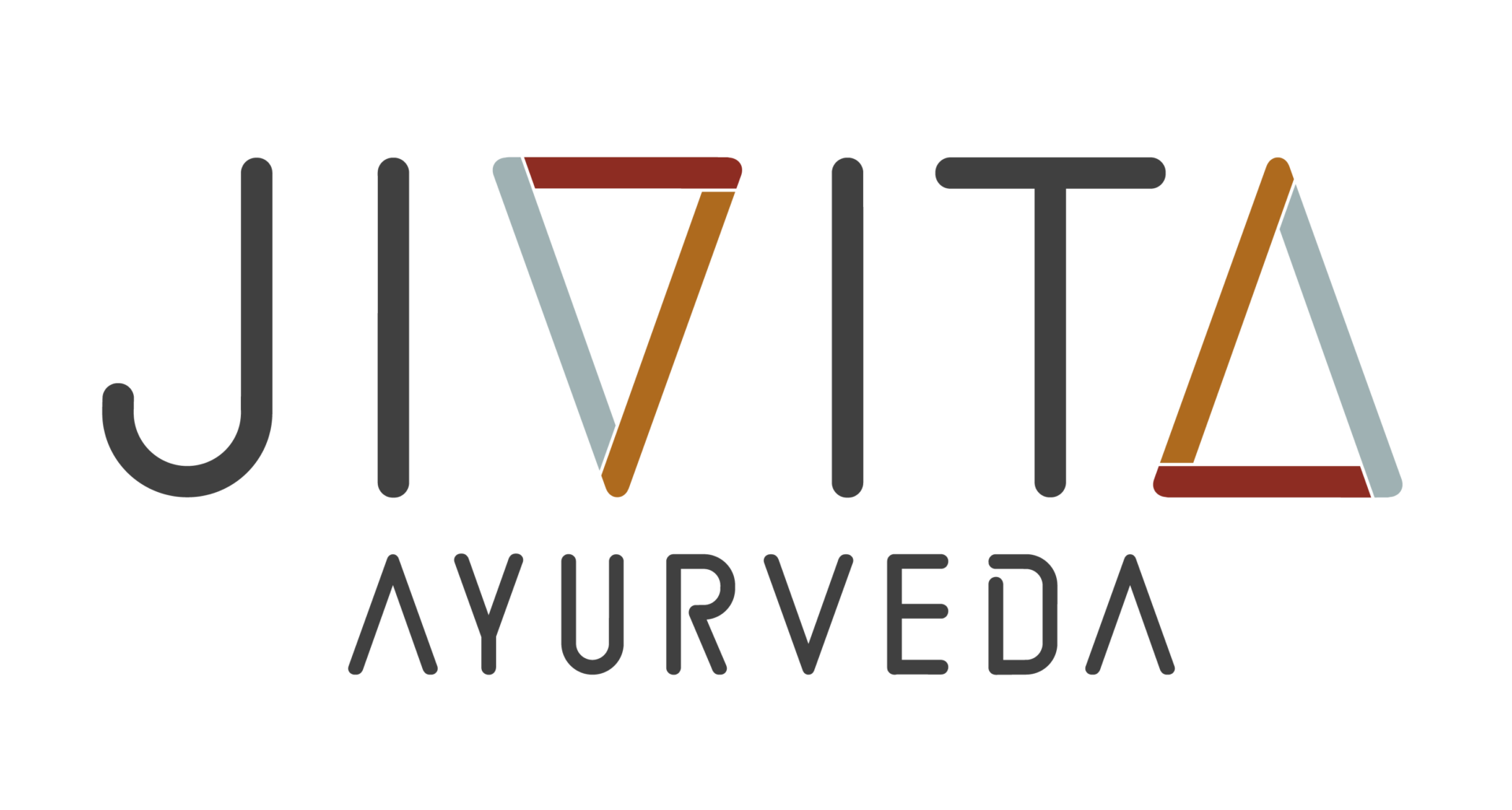In Ayurveda, we advocate seasonal living and consuming seasonal foods, ideally those that grow as close to you as possible. Yet, at this time of year, we see very little growing around us. Soon, we’ll enter the month of the “hunger moon”, historically the most intense period of food scarcity. In the olden days, this meant a lean diet and increased activity to find food. Translated into modern parlance: eat less, move more.
We can learn a great deal by observing nature, especially how wild animals adjust their behaviour within the annual cycle. Where do they find food, and how do they maintain an ideal weight? How do they obtain essential vitamins and minerals without consulting a nutritionist? Where do they find their turmeric if they live in Northern Europe?
Nature provides for all life, the amount of calories and essential vitamins. There is enough food contrary to what some might say. Without delving into a long rant about how humans disrupt natural ecosystems and food provisions, I invite you instead to visualise yourself as a hunter-gatherer in the wilderness. What would you eat generally and what would you expect to find at the end of winter? In the wilderness, there were no food storage facilities. Everything had to be carried, food was heavy, and so was camping equipment. Sustenance needed to be found on-site.
Today, we have availability and abundance. Food moves quickly, is readily available and cheap to buy in most parts of the Earth. One consequence of this processed non-natural, out of season food is obesity and nutritional deficiencies, something that was more of an exception in the past. The global trade has collectively lost peoples’ touch with natural needs of diverse diet that changes three times a year along with the growth seasons.
As the growth season is yet to begin, animals in wilderness dig for roots or chew on tree bark to survive. For humans, when vegetation was scarce, meat was a staple item, but in late winter the hunted animals were lean and weak. Bone broth was likely the most nutrient yielding source, providing the body with essential minerals, fats by its marrow and strength.
Heavy and nutrient-dense winter diet naturally transitioned into a period of prolonged fasting with lighter, drier, and lower-calorie foods. Nature, in its highly sophisticated order, provided the perfect conditions for humans and other animals alike to shed the excess fat accumulated during winter. The dry, stimulating, spice-like compounds from tree bark helped stimulate metabolism, cleanse the gut and liver, reduce water retention, and eliminate excess fat, all while energising the body and mind in preparation for the abundance of the coming months.
Personally, I consider January to be a gradual transition into spring scarcity. I feel the need to recover slowly from the excesses of Christmas and New Year, rather than making abrupt dietary changes. Right now, I notice a natural decline in appetite and a lack of inspiration for food, making it easier to introduce a more structured fasting period of the hunger moon.
Our next Wellness Wednesday focuses on Fasting: how to do it safely and appropriately for the season. We will explore the importance of fat during fasting periods, especially for those leading energy-intensive urban lifestyles as not everyone has the luxury of stepping away from daily responsibilities to allow the body to fully reset. We will offer that opportunity in June and rest assured, there will be a newsletter on that.
Key Topics We’ll Cover:
- Why fat is essential during fasting—how it provides energy without creating heaviness.
- How fat intake helps burn fat—the science behind ketosis and metabolic shifts.
- The risks of eliminating fat completely—why avoiding fat now could be counterproductive.
- Practical ways to fast with ease and enjoyment, making fasting an energising rather than depleting experience.
Wellness Wednesday: Fat Fasting
Date: Wednesday, 12th February
Location: Jivita Ayurveda
Time: 6.30-8pm
Limited spots available! Secure your place by emailing info@jivitaayurveda.com or booking directly from the button below.
We look forward to seeing you there and sharing the wisdom of seasonal detoxification!
Naturally
Anu
More Posts

Why suffer when we both know what to do?
While Ayurveda is classified as complementary and alternative medicine in Western healthcare, biomedicine can also be complementary to Ayurveda.

A Painful Description
Pain is undefinable. It is an energy, a force that drives our behaviour, similarly to the mind. We cannot define the mind but we know it exists.

Jivita Corporate talks: A Journey of Collaboration
From the outset, our vision was clear: to help people not just survive the pressures of work but to thrive in it.

The earlier the smarter
Spotting surfacing feelings and acting on them is an easy and practical way to manage health. The earlier you spot an imbalance the smarter you are.





